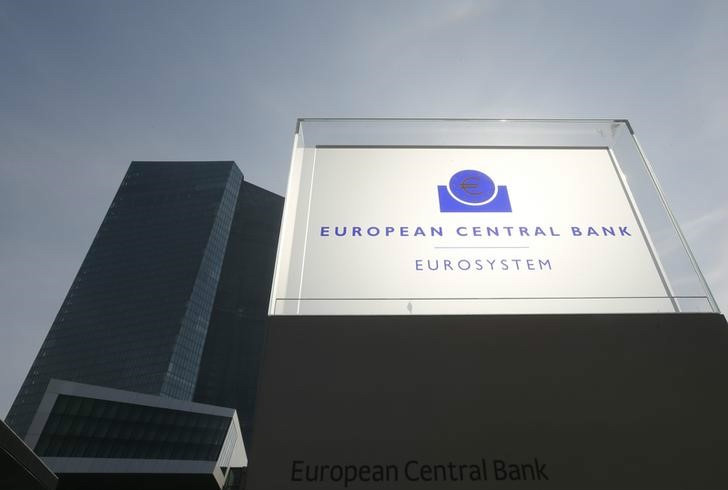FRASCATI (Italy), Nov 30 — The European Central Bank today rolled out the first pan-eurozone instant payment service, hoping to become a dominant player in a field crowded by US and Asian tech giants.
The so-called TIPS system will allow consumers and businesses across the 19-nation euro area to send and receive money in mere seconds, without the usual lags associated with online and real-world transactions.
The service is a direct challenge to the “digital wallets” provided by the likes of Google, Apple, Amazon or China’s Alibaba and Tencent, which offer contactless, super-fast online payments and have exploded in popularity.
“Banks in the eurozone are under pressure” from tech rivals, said Marc Bayle de Jesse, head of market infrastructure and payments at the ECB.
“TIPS is a way for them to not give up the game to these digital players.”
Local banks across Europe have already responded to demand by creating their own instant payment services that do not however travel across borders, leading to a patchwork of different systems.
The ECB hopes to solve that by offering a single, borderless solution available on smartphones, PCs and at in-store payment points.
“The way we pay and want to pay in Europe is changing,” ECB board member Yves Mersch said at the launch ceremony that took place at the Bank of Italy on the outskirts of Rome.
“Many consumers are moving to e-commerce and ever more e-retail payments are made from mobile phones. Consumers expect pan-European services that are safe, efficient and easy to use.”
The ECB said TIPS will initially be open to any person, bank or business in the eurozone but could in future be expanded to other countries and currencies.
TIPS’ speedy delivery is down to being directly linked to central bank funds, avoiding the need for sometimes time-consuming checks between commercial banks that even the “digital wallets” have to contend with.
“It means it’s equivalent to cash and there is no credit risk for the recipient of the payment,” Bayle de Jesse told AFP.
‘Like cash’
He added that he could see TIPS become “the preferred method of payment in places such as supermarkets or petrol stations” and predicted that it would quickly prove its merit in daily life.
“Think about your child asking to instantly send him €10 while queueing in front of a cinema,” Bayle de Jesse said.
To take part and be able to offer the service to customers, commercial banks have to open a dedicated TIPS account with their national central bank.
Participating banks will forgo the benefits of having the liquidity from an in-progress money transfer on their books, as well as losing out on sometimes hefty customer fees depending on the type of transaction.
But the ECB said the convenience of TIPS and the expected high demand will convince banks to sign up.
The system went live at the launch event, with Spanish lender CaixaBank making the first payment to France’s Natixis.
Six other Spanish, German and French banks have also joined TIPS so far.
The ECB plans to charge banks a fee of 0.0020 euro per transaction for the first two years.
As an extra carrot, it said the first 10 million transactions for each bank will be free before the end of 2019.
After that, it’s up to banks to decide how to pass on the costs to consumers.
But Bayle de Jesse is betting that competition between lenders will keep charges modest “and well below” the fees that currently come with credit card payments. — Reuters






















